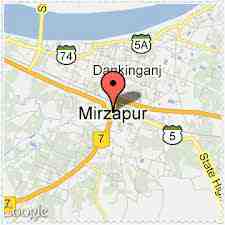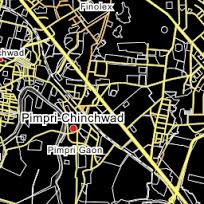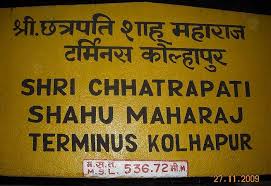The number of Indians banking with State and District Central Co-operative Banks (StCBs and DCCBs)
is significant. To further enhance the customer services in (StCBs and DCCBs), RBI issued a 38 Page circular containing additional instructions to (StCBs and DCCBs)on other areas of customer service.
Through these additional instructions, the (StCBs and DCCBs) customers can be assured of same customer service levels as in Scheduled Commercial Banks.
The additional guidelines are comprehensive and cover the entire gamut of banking operations.
There are 370 + DCC spread over all over India. The highest number of DCCs is in Uttar Pradesh. The lowest numbers of DCCs are in Himachal Pradesh. The variation could be due the number of districts in each State. Higher the number of districts, higher is the DCC number.
This Banking model consists of a district central bank for each District in every state of India known with a name as a respective District Central Cooperative Bank. The members and their elected directors who represent a multitude of professional cooperative bodies like Milk Unions, Urban cooperatives, Rural cooperatives, agricultural and non agricultural cooperatives and various others, in turn would elect the bank’s President.
These banks are collectively represented by a State Apex Central Cooperative bank for each state and it acts as the ultimate bank and apex body for the DCCs under each state. It has been widely observed all over the country that the local politicians who hold the sway over the cooperatives get elected the president post of the DCC bank and a president post would mean nurturing for their future political ambitions.
The best such examples can be found in Maharashtra State.


